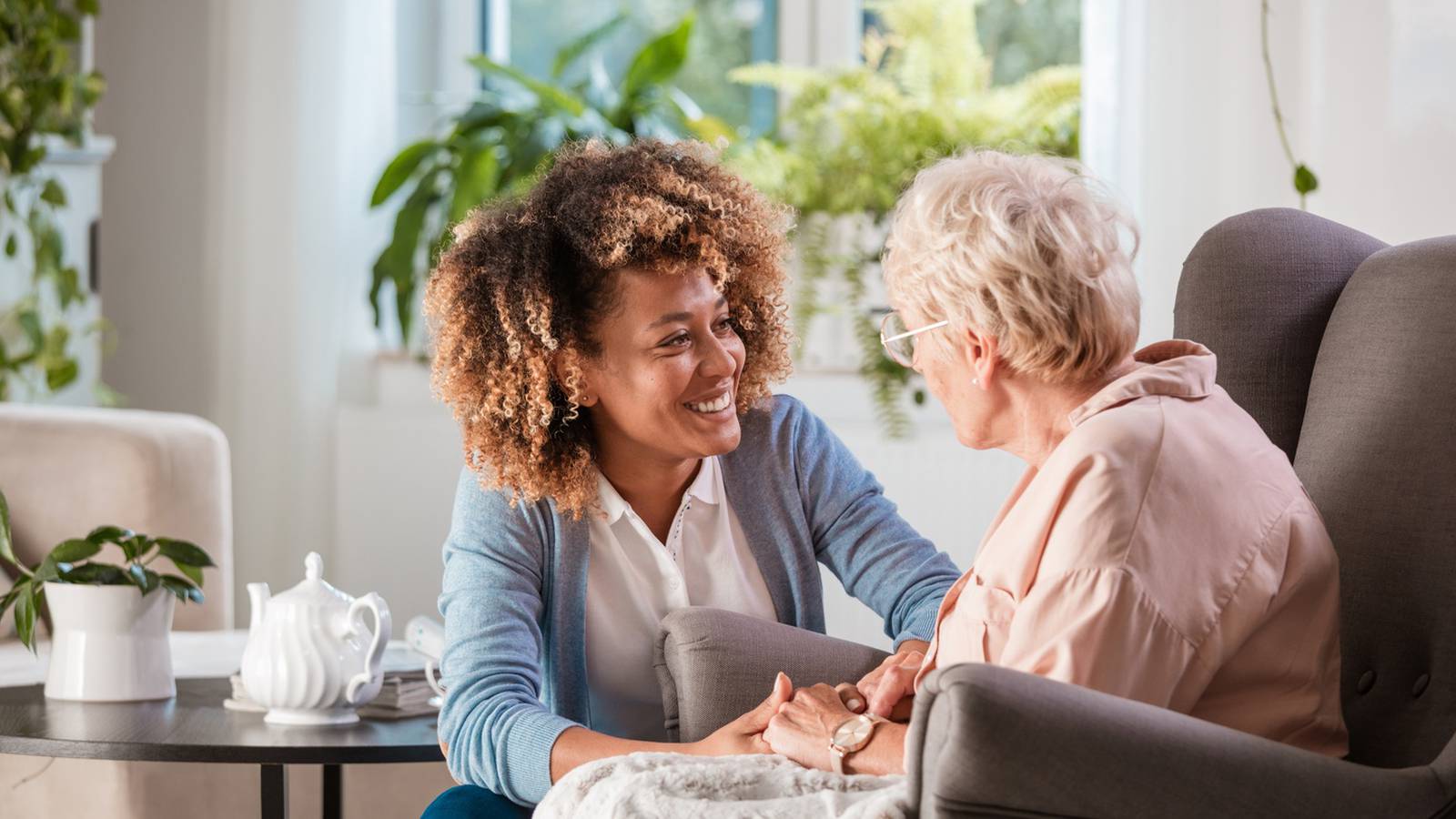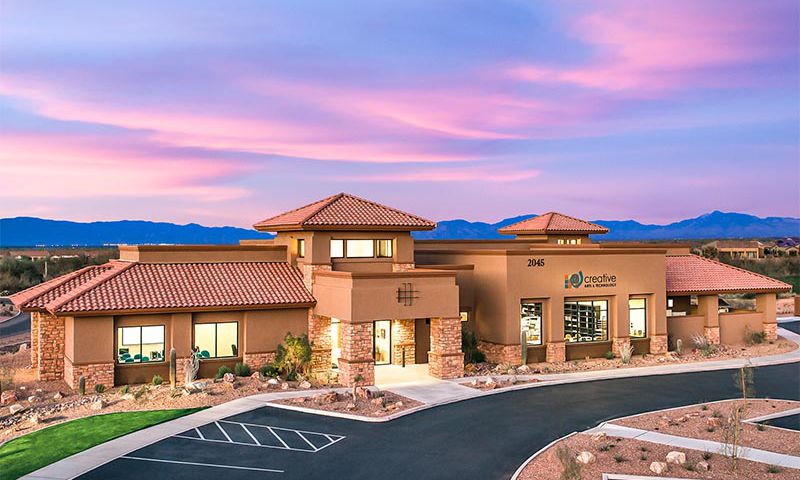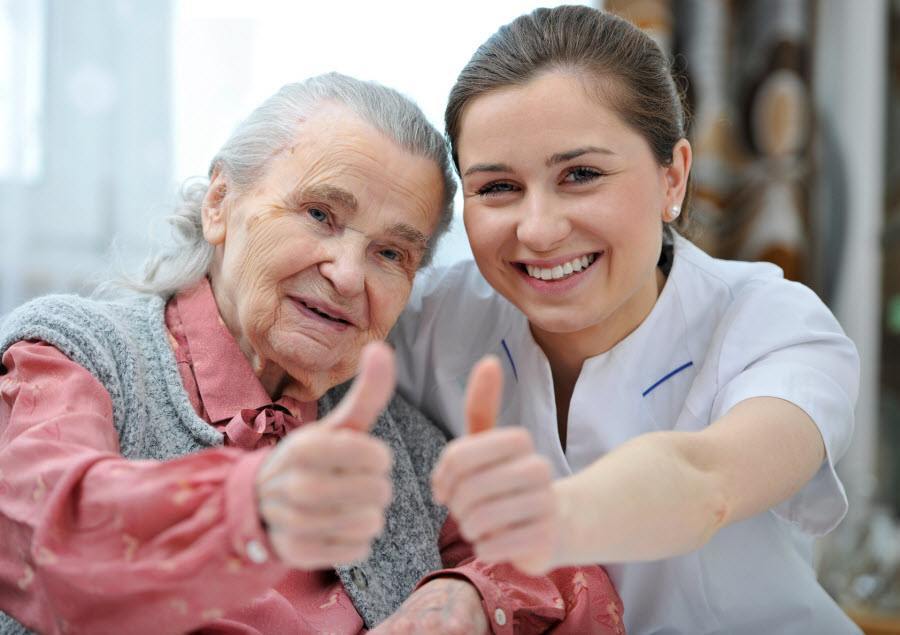
If you have ever wondered what a licensed practical nurse (LVN) does, you're not alone. LVNs work at healthcare facilities and provide care to the injured, disabled, convalescent, and ill. They are also responsible in maintaining patient records.
LVNs monitor patients' vital signs
LVNs are responsible to provide safe, compassionate, and focused nursing care. They must pay attention to the needs of each patient and assess their own skill and knowledge. When assigning patient care, LVNs must ensure that the patient is safe. They are trained to recognize and respond to signs of deteriorating health.
An LVN does many things, such as monitor patients' vital signs and maintain patient charts. They also help patients with basic personal care and hygiene, and administer medications, injections, and catheters. They may also assist patients with dressing changes and bathing, bring down fevers with alcohol rubs, start IVs, and provide emotional support. Although the scope of practice of an LVN varies depending on their specialty, they must work under the guidance of a registered nurse/physician.

They keep their charts updated
Safety maritime practice is dependent on keeping LVN charts current. Not only do LVNs need to know the most up-to-date information available, they need to be able to identify and apply relevant notices to the charts they are using. It is against SOLAS that ships fail to comply. Additionally, it can result in action by port state control officers.
They are available to patients and their families.
You will have many opportunities as a licensed vocational nurse to provide patient care. As a licensed vocational nurse, you will be able to provide care for patients and their families. Many opportunities exist for LVNs to progress, including those in nurse practitioner and physician's assistance roles.
LVNs working in emergency departments are required to perform special duties for emergency patients. These nurses must have excellent interpersonal skills to communicate with patients and their families. They will also need to be proficient in the use of medical machinery, and they must ensure that patients are safe. They also assist in ensuring that the emergency department runs smoothly.
They communicate directly with RNs
LVNs communicate with RNs every day by providing medical assistance to patients. They monitor patients and provide medical assistance to them. They assist with routine laboratory testing and collaborate closely with staff physicians. A close relationship between the LVNs and their patients results in a high level on-the-job happiness. LVNs play a vital role in nursing's core values, promoting hope, healing, and health. They have many career opportunities and can work in diverse environments.

Although you can carry out orders that are relayed to you by a physician assistant, you will need to verify the order with the physician. LVNs are required to perform CPR if a patient dies, unless the patient has a DNR. LVNs will not be able to pronounce the patient's passing, but they will follow orders from a physician for post-mortem treatment and death pronouncement.
They work nights, weekends, holidays
LVNs can perform a wide range of patient care tasks. Triage, preparation for examinations, collection of laboratory tests and patient education are just some of the many tasks that LVNs can perform. They also need to be flexible, willing to work on weekends and holidays. LVNs usually work full time, but they may need to work nights and weekends for certain positions.
LVNs work in hospitals and nursing homes where they provide basic healthcare and comfort measures. They can work weekends or holidays and could also work with registered nurses and doctors. Some LVNs may also be available to patients in their homes.